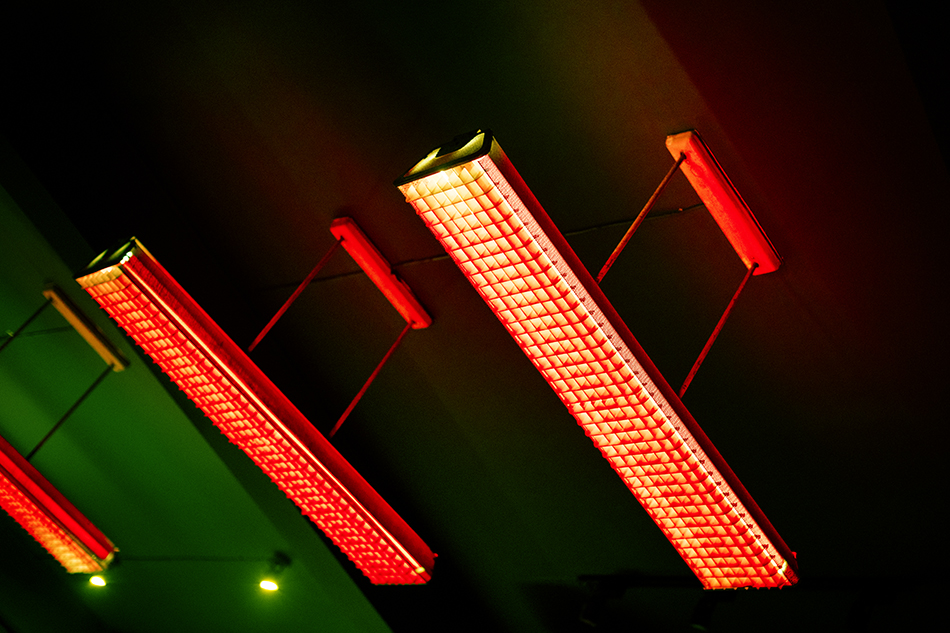Time:2025-05-16
The European Union’s stringent regulatory landscape demands meticulous adherence to safety, performance, and environmental standards. For businesses seeking to navigate this market, CE-approved mini neon strip EU distributors serve as indispensable partners, guaranteeing compliance while delivering innovative lighting solutions. This article explores how these distributors uphold EU directives, foster cross-industry innovation, and streamline access to one of the world’s most lucrative markets.
CE Certification: Gateway to the EU Market
Regulatory Foundations:
CE marking is mandatory for mini neon strips sold in the EU, verifying conformity with essential health, safety, and environmental standards. Key directives include:
Low Voltage Directive (LVD): Ensures electrical safety, preventing risks like short circuits or overheating.
Electromagnetic Compatibility (EMC) Directive: Minimizes interference with other devices, critical for integration into IoT ecosystems.
RoHS Directive: Restricts hazardous substances (e.g., lead, mercury), aligning with Europe’s circular economy goals.
Role of Distributors in Compliance:
Partner with accredited labs to validate product testing reports, ensuring full traceability from factory to end-user.
Maintain updated technical documentation (DoC, BoM) for customs clearance and client audits.

Strategic Value of EU Distributors
Localized Expertise:
EU distributors possess deep knowledge of regional regulations, cultural preferences, and market trends. For example:
Germany: Demand for industrial-grade, waterproof neon strips in automotive and manufacturing sectors.
Scandinavia: Preference for minimalist, energy-efficient designs in residential and hospitality projects.
Supply Chain Optimization:
Warehousing hubs in strategic locations (e.g., Rotterdam, Frankfurt) enable rapid delivery across the Schengen Area.
Just-in-time inventory systems reduce lead times for retailers, contractors, and OEMs.
Technical Support and Training:
Provide clients with installation guides, warranty management, and troubleshooting aligned with CE standards.
Host webinars on CE compliance updates, helping businesses adapt to evolving regulations like the Ecodesign Directive.
Market Applications and Industry Trends
Smart Buildings and Infrastructure:
CE-approved neon strips are integral to smart lighting systems in offices, airports, and hospitals, complying with EN 12464-1 light quality standards.
Integrate with KNX or DALI protocols for centralized control, enhancing energy efficiency and user comfort.
Retail and Hospitality:
Luxury brands leverage distributors to source neon strips with CE-validated dimming capabilities, creating ambiance that aligns with EU energy efficiency tiers.
Hotels use IP65-rated strips for outdoor installations, meeting safety norms while enhancing curb appeal.
Healthcare and Laboratories:
Neon strips certified under IEC 60601-1 power medical device lighting, ensuring patient safety and EMC compatibility in MRI or surgical rooms.
Selecting the Right EU Distributor: Key Criteria
Certification and Transparency:
Verify distributors’ affiliations with notified bodies (e.g., TÜV SÜD, DEKRA) and access to up-to-date Declarations of Conformity (DoC).
Demand transparent supply chain mappings to avoid counterfeit or non-compliant products.
Sustainability Commitments:
Prioritize distributors with ISO 14001 certification, recycled packaging, and carbon-neutral logistics.
Partner with those offering take-back programs to recycle end-of-life products per WEEE Directive requirements.
Customization Capabilities:
Choose distributors capable of tailoring neon strips to niche needs: UV-resistant coatings for coastal regions or flexible connectors for curved architectural features.
Case Studies: Compliance-Driven Success
Automotive Lighting Innovation
A Dutch distributor supplied CE-certified neon strips to a German automaker for ambient cabin lighting, passing rigorous EMC tests to avoid interference with onboard electronics.
Retail Chain Expansion
A French retailer partnered with a distributor to deploy CE-compliant neon signage across 50+ EU stores, ensuring uniform brightness and energy efficiency under EN 13032-1 standards.
Smart City Deployment
A Barcelona smart city project utilized waterproof, CE-marked neon strips for pedestrian pathways, meeting IP67 and IK08 ratings for durability and vandal resistance.
Future-Proofing with EU Distributors
Digital Product Passports (DPPs):
Prepare for the EU’s Digital Product Passport initiative, where distributors will provide QR codes detailing a product’s compliance, carbon footprint, and recyclability.
AI-Driven Compliance Monitoring:
Distributors adopting AI tools to track regulatory changes (e.g., updates to RoHS Annex II) and auto-update product certifications.
Green Energy Integration:
Collaborate with distributors offering solar-compatible neon systems to align with the EU’s Renewable Energy Directive (RED III).
Conclusion
CE-approved mini neon strip EU distributors are more than intermediaries—they are strategic allies in achieving regulatory compliance, market penetration, and sustainable growth. By partnering with certified experts, businesses can confidently navigate the EU’s complex landscape while delivering cutting-edge, compliant lighting solutions.
For seamless access to CE-certified neon innovation, explore TTKLED’s EU Distribution Network, where compliance meets excellence.